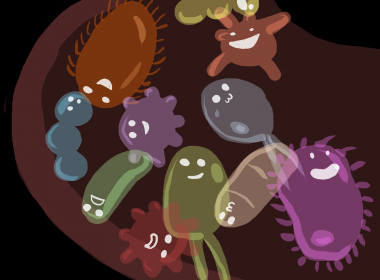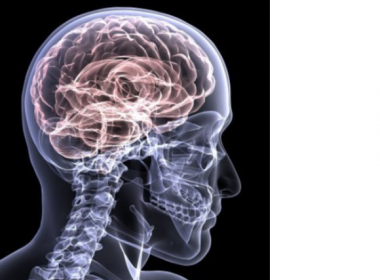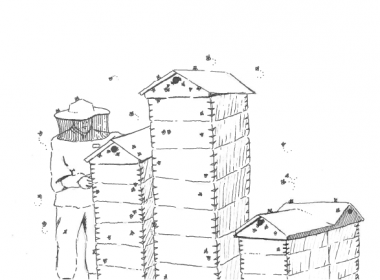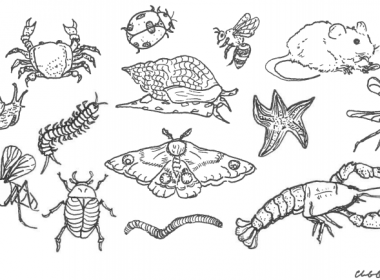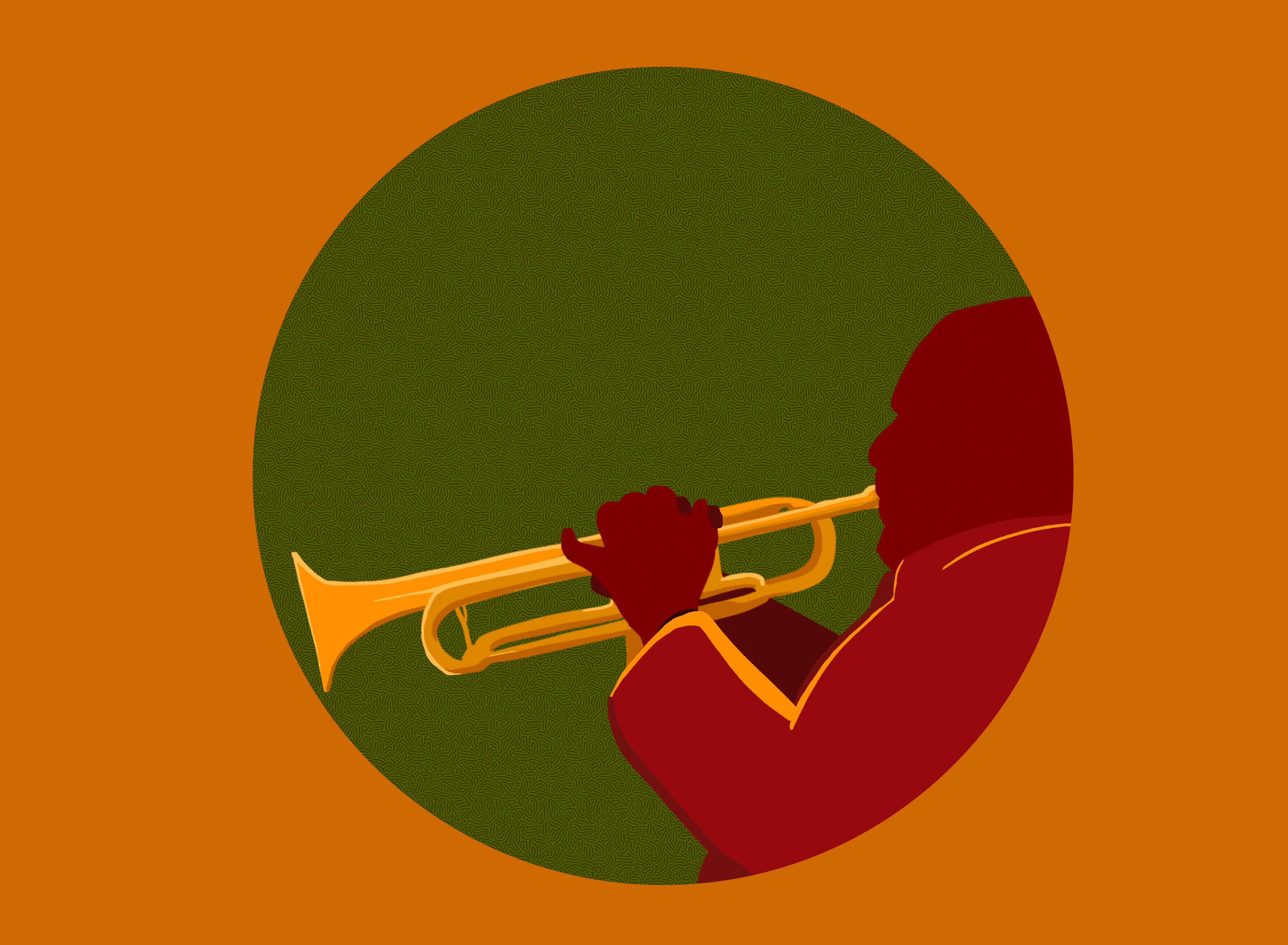There has long been concern surrounding the environmental impacts of extracting oil from Alberta’s Athabasca oil sands, the world’s third largest oil reserve. According to a McGill-led study published in Environmental Pollution, contamination from the Athabasca oil sands is impacting the weather patterns of nearby regions. The study was led[Read More…]
Research Briefs
The gut microbiome in disease and health
There are thousands of different bacterial species living inside our intestines. This environment, called the gut microbiome, provides the body with key vitamins and ensures a healthy immune system. The composition of the gut microbiome is key: Dysbiosis, a condition that occurs when ‘bad’ bacteria take over the gut, is[Read More…]
Big discoveries from tiny rodents
In the past decades, the field of neuroscience has made astounding progress toward unravelling the intricacies of the human brain, but much of how it functions remains terra incognita. Adrien Peyrache, a researcher at the Montreal Neurological Institute (MNI) and Canada Research Chair in systems neuroscience, studies how brain structures[Read More…]
The hidden costs of ‘orphan wells’
According to some estimates, there may be up to five million oil and gas wells in Canada and the United States. In Alberta alone, more than 600,000 wells have been drilled—one for every seven people in the province. The consequences of the extraction, refinement, and use of petroleum is well[Read More…]
Drug testing sewage systems
Substance use is a global issue, affecting more than 235 million people annually. As public awareness of the opioid epidemic grows, up-to-date information on drug use remains critical in addressing these health concerns. The importance of such data led to a study that was published in the journal Addiction in October,[Read More…]
The underlying unity of life
Comparing animals of various sizes has historically been a challenge for biologists. From simple observation, an elephant could not be more different than a mouse. Yet, a universal underlying principle concurrently governs them both. Scaling laws—derived mathematical models that compare an organism’s key life traits to its body mass—present an[Read More…]
The science behind concussions in sports
While thousands of sports-related concussions occur each year in Canada, the mechanisms behind the injury are still shrouded in mystery. Scientists use the word ‘concussion’ to describe the symptoms of damage inflicted on the brain, but they are still working to uncover the underpinnings at the cellular level. Concussions occur[Read More…]
Mapping nature’s contributions to people
Currently, the United Nations (UN) estimates that there are approximately 7.7 billion people in the world, a number that is expected to reach 10 billion by 2050. Moreover, human populations are becoming more dense: 68 per cent of people are expected to live in urban centres by 2050. As these[Read More…]
Testing Darwin’s ecological questions
Rarely does the title of a scientific study live up to the aspirations of its authors. The BIG Project, however, is an exception. BIG, which stands for the Biotic Interaction Gradients experiment, is the first endeavour of its kind to explain one of Charles Darwin’s oldest theories: Species interactions play[Read More…]
Small but mighty: Arctic bacteria are capable of cleaning up oil spills
Historically impassable, the ice cover of the Northwest Passage along Canada’s Arctic coast has thinned over the past few years, piquing the interest of the shipping and luxury cruise industries. This thinning, along with Arctic drilling, makes the legendary frozen passage particularly susceptible to oil and fuel spills. To combat[Read More…]

